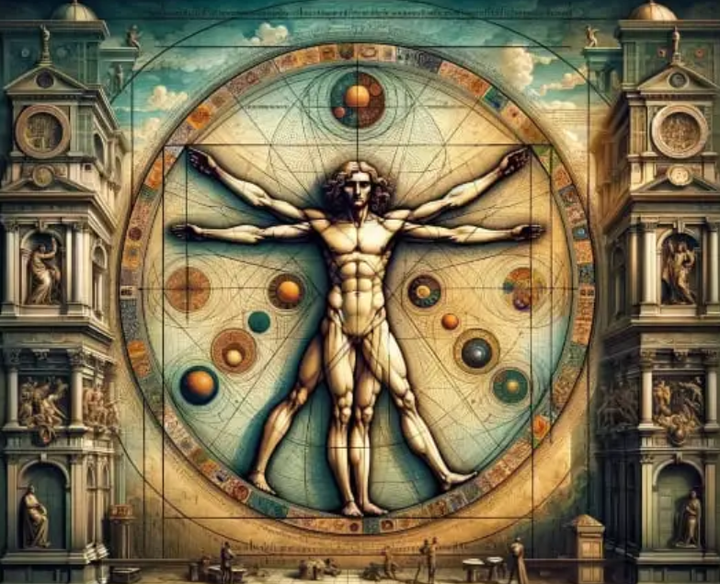The Ongoing Debate on Mental and Physical Interaction

How the mental and the physical interact: Physical events, such as when blood sugar drops too low, can cause the mental effect of the person feeling confused, disoriented, or irritable; and mental events, such as feeling embarrassed, often cause a physical reaction, such as blushing. It's hard to deny that the interaction occurs.
Descartes' dualism problem is born: Descartes’ substance dualism, which separates the mind and body into distinct realms, can’t seem to explain how a non-spatial mental event can cause or be caused by a physical event (the interaction problem).
Enter the princess’ challenge: Princess Elisabeth of Bohemia raised this problem in her letters to Descartes. He acknowledged this was a complex issue but did not satisfactorily answer her challenge. Elisabeth’s critiques contributed to ongoing debates that have evolved into modern philosophy of mind.
The rise of physicalism: Physicalism, with its notion that the mind has to arise from physical processes, gained traction as scientific advances showed that many bodily events could be explained in purely physical terms.
Early physicalists embraced behaviorism, equating mental states with observable behaviors, but Hilary Putnam's super-Spartans thought experiment showed that mental states could exist without corresponding behaviors. This led to functionalism.
Functionalism argues that mental states are defined by their functions—how they relate to other mental states, sensory inputs, and behavioral outputs—rather than by their internal makeup. However, it still falls short in explaining subjective experience.
Phenomenal consciousness refers to first-person subjective experience, which includes the qualitative “what it's like” aspect of consciousness (e.g., seeing red or feeling pain). A major challenge for physicalism is still explaining these experiences.
Another problem: Defining physicality. The concept of what is "physical" has evolved since Descartes. Modern physics complicates the definition, and some physical phenomena may not fit neatly into physicalist theories, leading to further debate.
Moving forward: We begin with the intuitive notion that the non-physical mind feels distinct from the physical body. We can observe this distinction in our experiences and come up with examples of their interaction. Yet, neither substance dualism nor physicalism can currently explain how this interaction occurs. To find a solution, we need a new approach that accounts for all aspects of the equation, addressing both the subjective and physical sides of the interaction problem. This includes:
- First-person subjective experience (the "who" that is experiencing).
- The non-physical experience (thoughts, feelings, dreams).
- The physical processes (brain activity, neural mechanisms, the body).
The goal is a theory that fully explains how these elements relate and interact, leaving no part of the problem unaddressed.
Notes:
- Link to a very short explanation of Hilary Putnam's super-Spartans thought experiment


